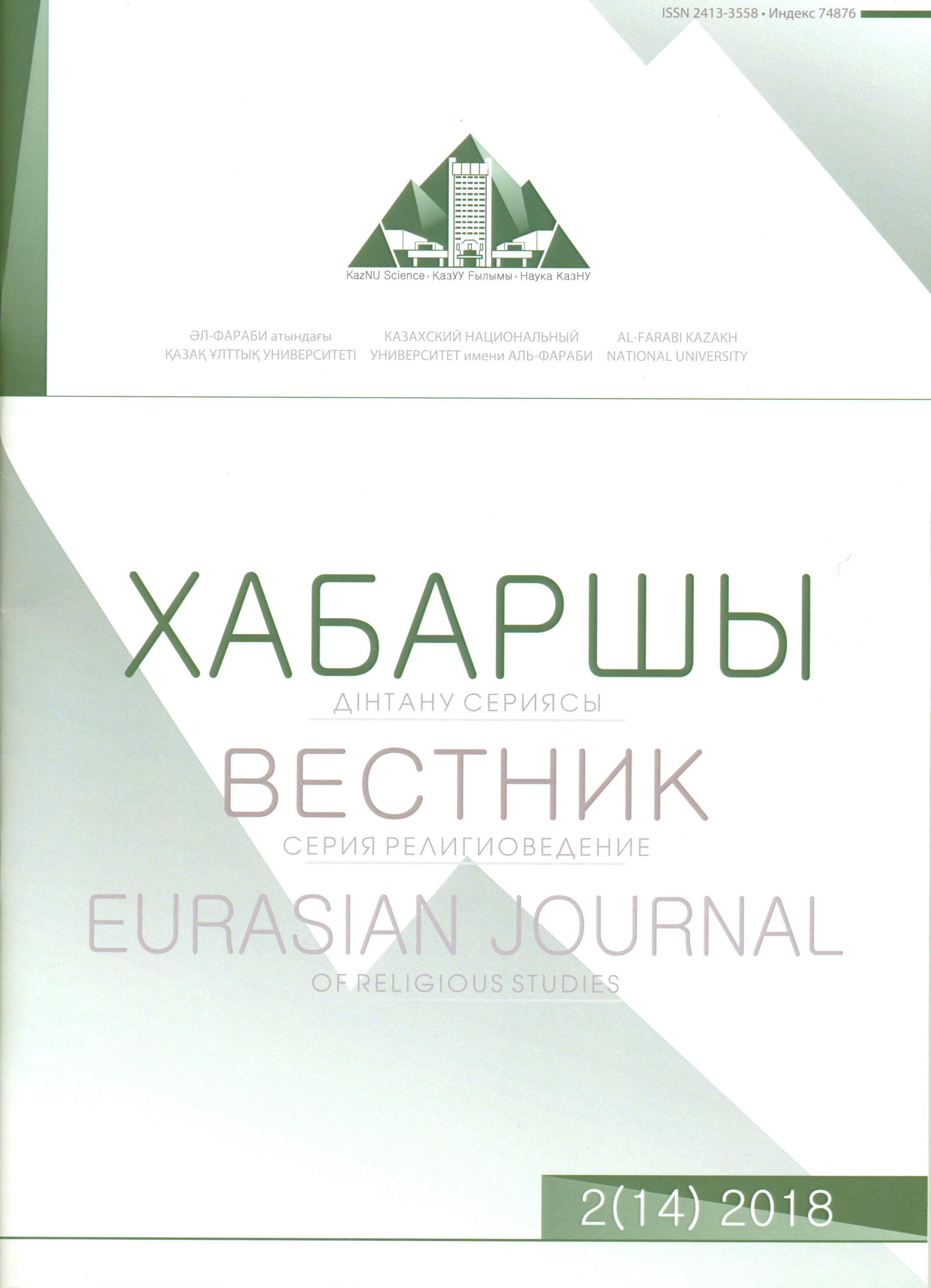Morality and religion in Immanuil Kant's critical philosophy
DOI:
https://doi.org/10.26577/ejrs-2018-2-153Abstract
Morality and religion have always influenced the formation of the value-semantic relationship of man towards the world. All philosophers from antiquity to the present, one way or another, in their treatises tried to adequately understand the essence of that relationship in question. On the one hand, the person’s value attitude to the world is connected, anyhow, with the world of obligation, and on the other hand – the value interpretation of the world is always connected with the world of being, that is, the essential understanding of the world of obligation and its role in the system of cognitive and practical human activity. Discarding all conventions, we can say that Kant was the philosopher who most acutely posed this problem in his works. If we go over Kant‟s critical philosophy, we will see that Kant has greatly expanded and deepened the boundaries of the philosophical analysis of religious issues, paying special attention to the study of sociological and philosophical roots of religion. In the present article, I am highlighting that the Kantian philosophy of religion has rather made a large path in its development and therefore we could try to reveal the patterns and principles of this path. The main questions that I am mainly dealing with in this article are related with a) complex outlook between morality, religion and reason, b) I will also be throwing light on the questions that bring together Kant‟s perception of the notion of theoretical and practical reason, his transcendental idealism and I will try to respond to the questions that are being raised in the relation between morality and religion. Specifically, I am trying to raise concerns over questions such as how does Kant reconcile our freedom with that of religious dogmas and canons













